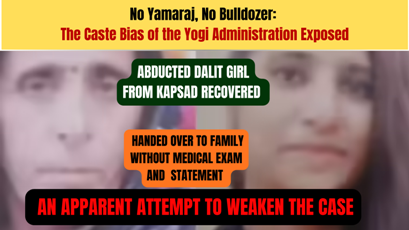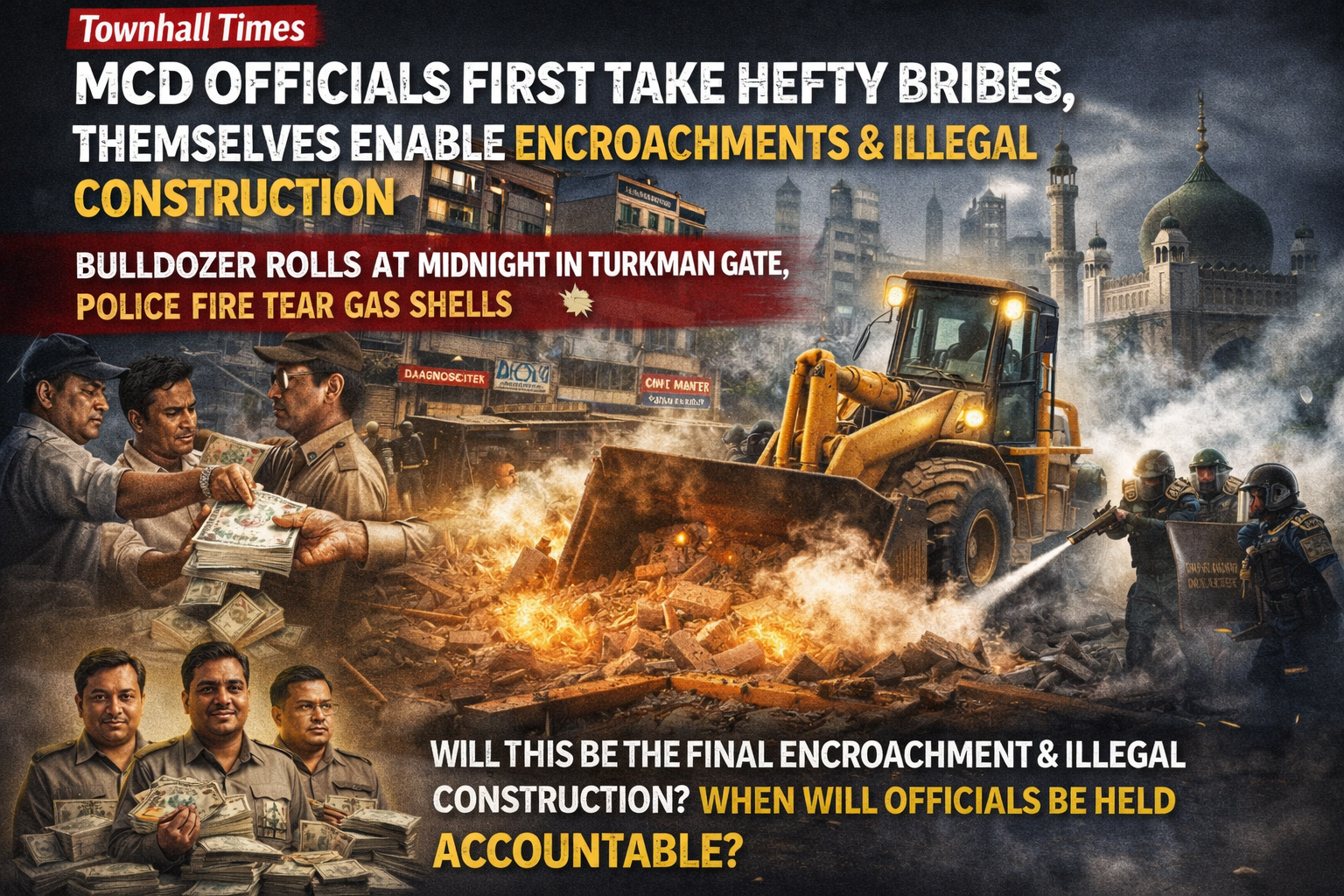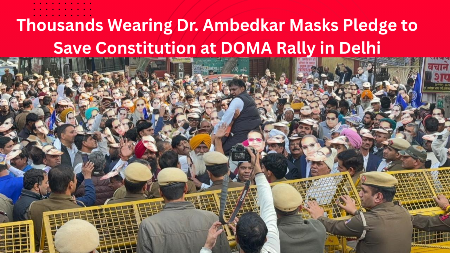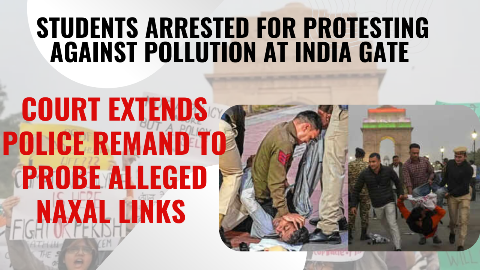New Delhi: In a shocking case that raises serious concerns about transparency and accountability in governance, a Delhi citizen has filed a formal complaint against senior officials of the Central Zone of the Municipal Corporation of Delhi (MCD) for violating the provisions of the Right to Information (RTI) Act, 2005.
Mr. Surender Kumar, , New Delhi, has submitted a strongly worded complaint to the Deputy Commissioner of the Central Zone, alleging that both the Public Information Officer (PIO) and the First Appellate Authority failed to act in accordance with the RTI Act.
According to the complaint, despite submitting a valid RTI request, the PIO failed to provide a complete and timely response, thereby violating the mandatory time limits set under the law. When the applicant escalated the matter by filing a first appeal, the Appellate Authority merely instructed the PIO to transfer the application to the concerned department—an action that completely sidestepped the core issue of non-compliance.
This is not mere negligence—it is a blatant disregard for the law. Mr. Kumar argues that the Appellate Authority’s passive response, and failure to take disciplinary or punitive measures as prescribed under Sections 20(1) and 20(2) of the RTI Act, indicates possible collusion and deliberate shielding of errant officials.
The complaint raises serious and uncomfortable questions:
-
Is the RTI Act being systematically undermined within government departments?
-
Are senior officials deliberately protecting each other to avoid accountability?
When authorities themselves violate the law, where does a citizen go?
The RTI Act was enacted to empower citizens to question government functioning and seek transparency. But when the very officers tasked with upholding this law start flouting it—and worse, protect each other from consequences—it severely damages public trust in democratic institutions.
Mr. Kumar has demanded the following actions from the Deputy Commissioner:
-
Immediate inquiry into the PIO’s failure to provide information.
-
Investigation into the conduct of the First Appellate Authority.
-
Initiation of disciplinary proceedings and recommendation of penalties under Section 20 of the RTI Act.
-
Issuance of strict instructions to prevent such practices in the future.
Conspicuous Silence from the Top
Copies of the complaint have also been forwarded to the Commissioner of MCD and the Lieutenant Governor of Delhi. Yet, as of the time of reporting, no official response has been received from any authority, raising further concerns about administrative apathy.
When government officials deliberately delay, dilute, or deny information under the RTI Act, it’s not just a procedural lapse — it’s a direct attack on one of the most powerful tools the common citizen has to hold power accountable.
Here’s what makes it even more dangerous:
-
Institutional Collusion: When the PIO and the First Appellate Authority appear to protect each other rather than uphold the law, it suggests a culture of impunity and cover-up.
-
Erosion of Trust: Citizens are losing faith in the very mechanisms meant to ensure transparency. If RTI becomes a dead-end, it silences the voices of millions who seek justice through information.
-
Undermining Democracy: The RTI Act is not just about paperwork — it’s about empowering people to participate in democracy. Violating it undermines constitutional values.











Leave a Reply